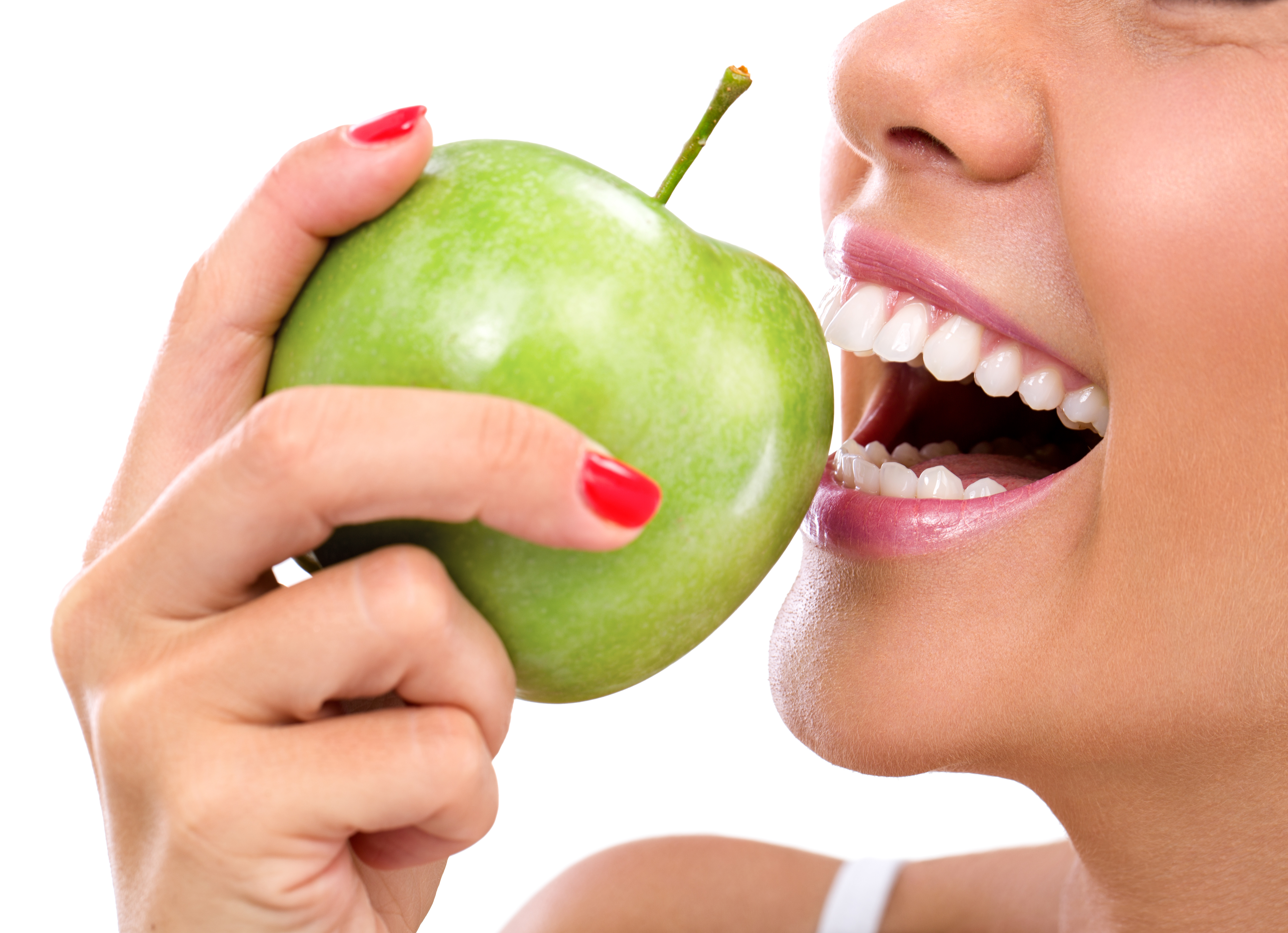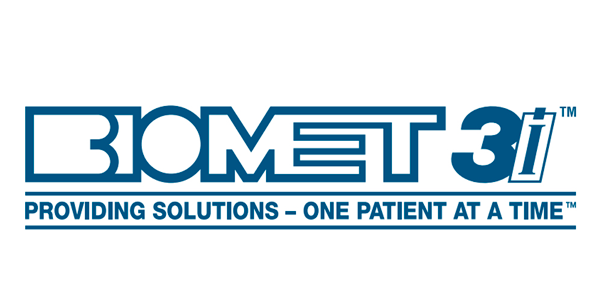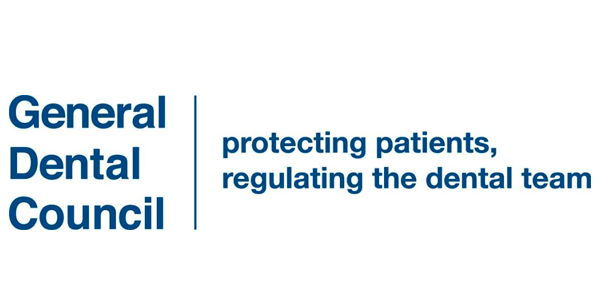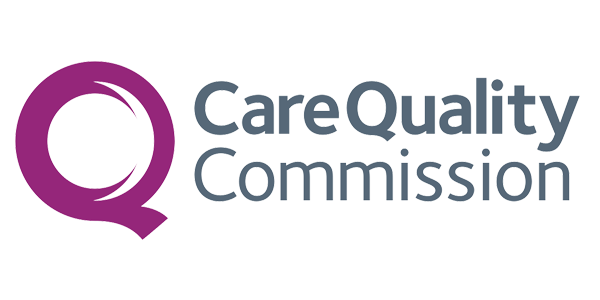We should be able to eat our favourite food and drink, but too much of your guilty pleasure can do serious harm to your teeth. Here we round up all the facts and will fill you in on how to keep your smile white, clean and healthy.
When you consume anything that is on the sugary side, acid will go on the offensive against your pearly whites. Why? Because sugar likes to react with bacteria present in plaque and will produce a not so pleasant concoction of harmful acids.
Food or drink that is acidic can erode the enamel you need to protect your teeth and will make them look bad and extremely sensitive. And we don’t want that, do we?
Before we go, remember this simple piece of advice to protect your teeth and smile. If you keep your diet rich in minerals, vitamins and fresh vegetables and fruit, you will help keep your gnashers clean, safe and healthy. And you’ll be doing your gums and breath a big favour too! A sensible balance, like all things in life, is key.
Which foods cause food decay?
Basically, all sugars will trigger decay and they come in a variety of forms. Any ingredients which have an ‘ose’ at the end (glucose, fructose etc) are sugar-based substances. But a nifty thing to remember is that the higher up an ‘ose’ is in the hit list of ingredients when you’re looking at a product in the shops, the more sugary it will be!
What about drinks?
This probably won’t come as a shock, but fizzy drinks, like Coke or Fanta, are the main offenders when it comes to tooth decay. If you have these drinks in between your main meals this will increase the risk so try to limit the amount you enjoy.
Sugarless diluted drinks are the best alternative to drinking milk or water – which are very good choices for your teeth and gums.
Is snacking bad for my teeth?
It goes without saying, but having three square meals a day rather than snacking on crisps and biscuits all of the time is much better for your dental health.
But if you are peckish, eating something alkaline like cheese after something sugary will restore the balance. Savoury snacks like cheese, nuts, breadsticks and raw vegetables are better for your teeth, than say sweets and confectionary.
Should I use chewing gum after eating?
It’s a proven fact that using sugar-free chewing gum after a meal can curb tooth decay. Also, chewing gum produces more saliva in your mouth, which gives your mouth more of a chance to cancel out any acids that are present. But ordinary chewing gum can actually cause more harm. It’s sugary, remember?
Do you need some more help and advice about your diet and dental health? Ewan Bramley Dental Care would happily give you some top tips and a FREE CONSULTATION to assess your dental health. Call 0191 259 6506 now to book or SUBMIT YOUR CONTACT INFO HERE and we’ll be in touch!






